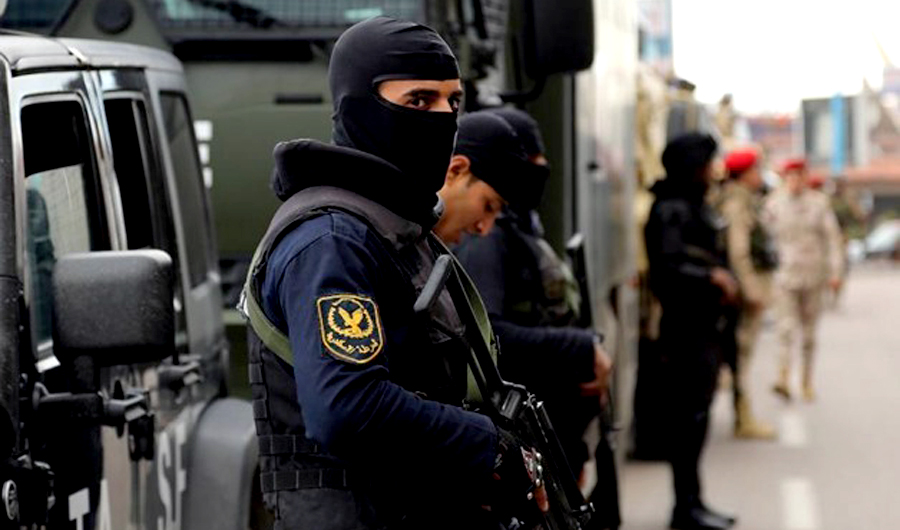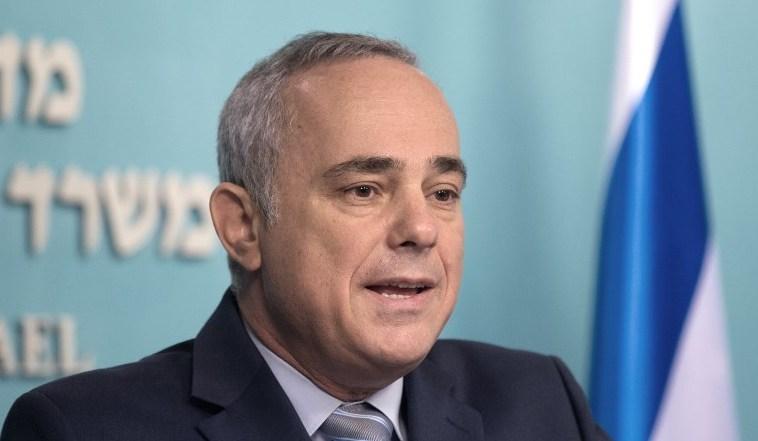Egypt deports another German for alleged Daesh connection
BERLIN: Egypt has deported the second of two young German men who were arrested last month as suspected militants, the Foreign Ministry in Berlin said on Monday.
Eighteen-year-old Issa Ibrahim El-Sabagh landed at Frankfurt airport, reported Spiegel Online, following last week’s repatriation of Mahmoud Abdel-Aziz, 23.
A ministry spokeswoman confirmed that “the person arrived back in Germany last night.”
Both men had vanished in December in Egypt, where the government only reported their arrests following inquiries by Germany.
Their families had raised the alarm and have called the arrests cases of mistaken identity.
El-Sabagh, a German-Egyptian dual citizen and student in the city of Giessen, was arrested in mid-December after landing in the southern city of Luxor.
Egyptian security sources said the two men were suspected of having tried to join the Daesh group’s affiliate in the troubled Sinai peninsula.
German prosecutors said last week they were looking into the Egyptian media reports on Abdel-Aziz to investigate whether there were “any indications of criminal offenses.”
The 23-year-old has since posted a video on Facebook in which he denied he is an extremist militant who supports violence or has any Daesh links.
The student from the university town of Goettingen also said he had flown to Egypt to visit his grandparents and retracted anything he had said in Egypt “under duress and pressure.”
Egypt has been battling insurgency in North Sinai, which spiked following the 2013 military ouster of President Muhammad Mursi.
In February, security forces launched a major Sina operation aimed at wiping out a Daesh affiliate accused of spearheading the insurgency.

Egypt deports German citizen over alleged terror suspicionsLebanese security forces arrest three Syrians with links to Daesh in Middle East, Europe


